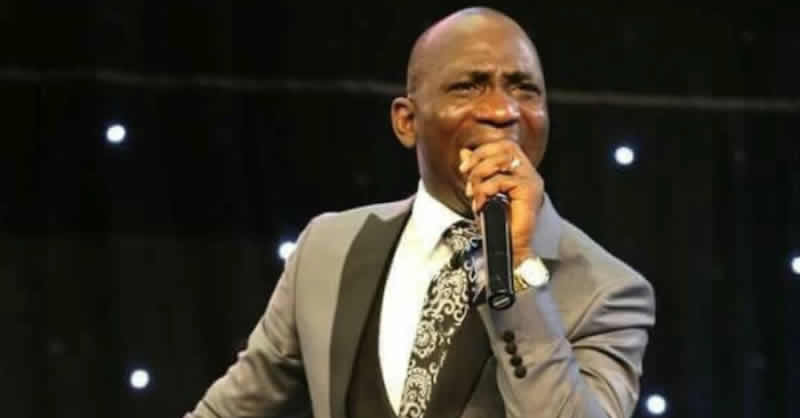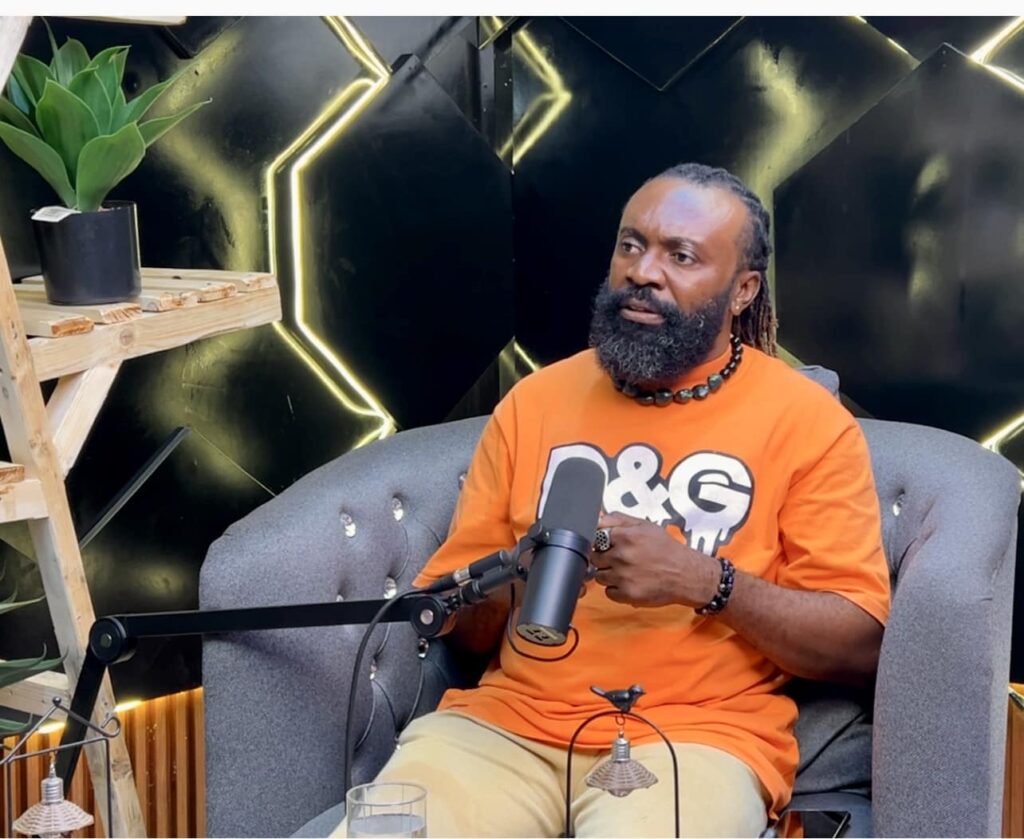The Nigeria Police Force has summoned Pastor Abraham Daniel, a former minister at Dunamis International Gospel Centre, for questioning over allegations of criminal defamation, cyberbullying, forgery, and incitement of public nuisance.

The invitation follows public accusations by Pastor Daniel against Pastor Paul Enenche, the founder and Senior Pastor of the church. Daniel alleged that Enenche reneged on a “gentleman’s agreement” and facilitated his imprisonment on false charges.
The police letter dated January 3, 2025, and signed by DCP Alhassan Kawu Yahaya on behalf of the Deputy Inspector General of Police, Force Intelligence Department, instructed Pastor Daniel to appear for an interview on January 7 in Abuja. The notice emphasized that Daniel could attend the meeting with legal representation.
The summons comes amid ongoing disputes between Pastor Daniel and the church leadership. Daniel claims the church failed to replace his 2004 Toyota Corolla, which was damaged under contentious circumstances in 2020. He alleged that the damage occurred while he was being trailed after publicly criticizing Enenche and the church on social media.

Pastor Daniel also accused Enenche of orchestrating his three-week imprisonment in Suleja Prison over what he described as fabricated charges. He claimed his imprisonment caused significant personal losses, including the collapse of his business and the departure of his wife with their five children, allegedly influenced by the church.
Daniel further alleged that an out-of-court settlement reached at the Force Criminal Investigation and Intelligence Department (FCID) included a promise by Enenche to replace the damaged vehicle. However, Daniel said the church failed to honor this agreement.
In a recent interview, Daniel described the settlement as a “gentleman’s agreement” without legal documentation. He also criticized the church’s alleged interference in his family matters, asserting that it led to his estrangement from his wife and children.
The Dunamis church leadership has not publicly responded to the accusations. The case has reignited discussions on church leadership accountability and the role of religious institutions in private disputes.
SaharaReporters



